Not surprisingly, Beethoven looms large in the Barbican's programme for the first half of 2020 in Barbican Presents, its curated classical music season. Sir Andras Schiff will be completing his performances of the Beethoven Piano Concertos with the Budapest Festival Orchestra, conductor Ivan Fischer, whilst Sir John Eliot Gardiner will be presenting the complete Beethoven symphonies with his Orchestra Revolutionnaire et Romantique and Anne-Sophie Mutter will be performing violin sonatas, accompanied by Lambert Orkis
The Beethoven Weekender will present a whole weekend of Beethoven-related events, with the Royal Liverpool Philharmonic Orchestra, Bournemouth Symphony Orchestra, City of Birmingham Symphony Orchestra, Royal Northern Sinfonia and Halle Orchestra sharing the symphonies, the Carducci Quartet in the quartets, plus chamber music and more. The Beethoven-Haus Bonn's exhibition BTHVN on Tour will be at the Barbican in the Spring, combining artefacts from the composer's life with contemporary views of the composers
Bach is also a feature, and Mahan Esfahani will be exploring Bach's
The Musical Offering, whilst Accademia Bizantina will be performing
The Art of Fugue, baritone Benjamin Appl joins the Academy of Ancient Music for Bach cantatas, Masaaki Suzuki conducts Bach Collegium Japan in Bach's
St John Passion, Jeremy Denk performs Book One of
The Well Tempered Clavier and Lang Lang performs the
Goldberg Variations. Cellist Jean-Guihen Queyras will perform Bach's cello suites alongside contemporary responses by
Ivan Fedele,
Jonathan Harvey,
György Kurtág,
Gilbert Amy,
Misato Mochizuki and
Ichiro Nodaira.
David Lang's new opera
prisoner of state, a contemporary re-working of the story from Beethoven's
Fidelio,
will receive its premiere when Ilan Volkov conducts the BBC Symphony
Orchestra, with Claron McFadden, Jarrett Ott, Alan Oke and Davone Tines.
Max Richter's new piece
Voices, co-commissioned by the Barbican,
will receive its world premiere by 'an orchestra featuring a radically
reimagined instrumentation'. We are intrigued already. The BBC Symphony
Orchestra is also presenting
Joby Talbot's 2015 opera
Everest, with Nicole Paiment conducting.
Handel's
Rodelinda receives a concert performance from the English Concert, conductor Harry Bickett, with Lucy Crowe, Iestyn Davies and Joshua Ellicott. Whilst Arcangelo, conductor Jonathan Cohen, will be performing Haydn's
Creation with Lucia Richter, Toby Spence and Thomas Bauer.
Trumpeter Alison Balsom will be Milton Court Artist in Residence, exploring a repertoire which varies from Miles Davis'
Sketches of Spain (arranged by Gil Evans) with the Guildhall Jazz Orchestra, director Scott Stroman, to John Woolrich's
Hark! The Echoing Air with the Britten Sinfonia.
The third visiting orchestra is the New York Philharmonic which,
under music director Jaap van Zweden, will be performing Mahler's
Symphonies No. 1 & 2,
and the orchestra's relationship with the composer goes right back to
when Mahler was music director in the early 20th century.
Other artists featured include Yuja Wang, who will be performing chamber music with cellist Gautier Capucon and also giving a solo recital. And Igor Levitt will be performing Shostakovich's
24 Preludes and Fugues, rarely played as a full set, and then will be joined by friends for Messiaen's
Visions de l'Amen, a chamber version of Shostkovich's
Symphony no. 15, Beethoven's piano duet version of the
Grosse Fuge, and Bartok's
Sonata for Two Pianos and Percussion. Soprano Lise Davidsen will be giving a recital performing lieder accompanied by James Baillieu, in Brahms, Strauss, Sibelius, Grieg and Schumann.
Richard King's book
The Lark Ascending, about the relationships between the people, the music and the landscape of Great Britain, comes out in paperback in the Spring and to coincide with this there is a special evening which will feature a seamless blend of music, specially-commissioned audio-visual content, spoken word and dance and will offer Barbican audiences an opportunity to experience an alternative reimagining of the book’s narrative, including appearances by many of the artists mentioned in the text. If you have enjoyed the recent performances of Britten's
Death in Venice at Covent Garden [see
my review], then Internationaal Theater Amsterdam's presentation of a dramatic version of Thomas Mann's novella may appeal. Adapted by former Dutch poet laureate Ramsey Nasr, who performs the role of Aschenbach, the work is based both on the novella and on Mann's live, and the performance features music by Nico Muhly alongside Strauss and Schoenberg, performed by the Britten Sinfonia.
Full details from the
Barbican website.

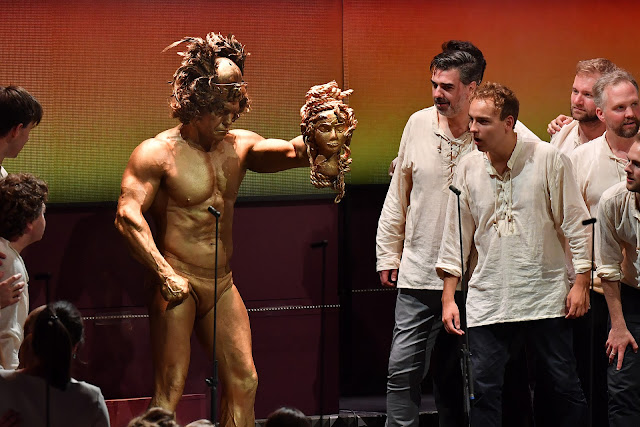
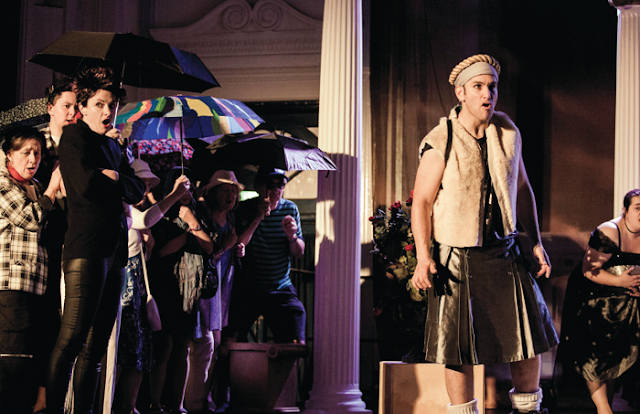










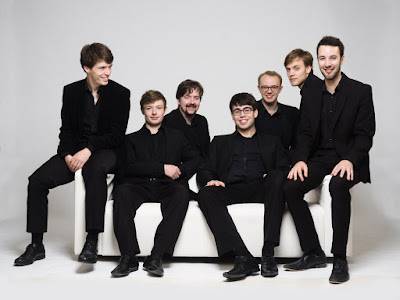

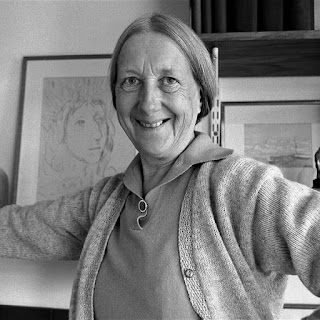











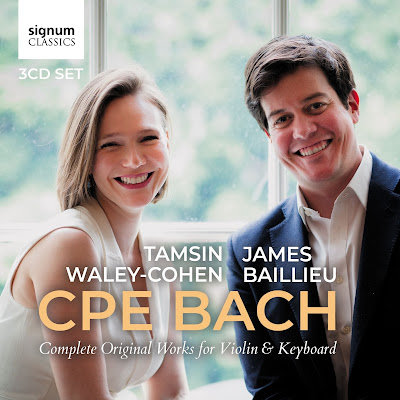
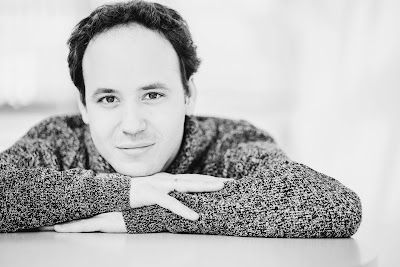
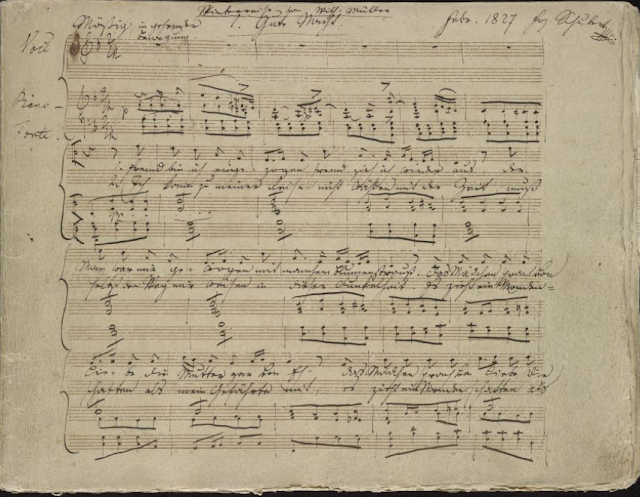

%20in%20The%20Merry%20Widow.%20Credit%20Mihaela%20Bodlovic.%20(2).jpg)

%20in%20Trial%20by%20Jury.%20Credit%20Mihaela%20Bodlovic..jpg)

%20Britten%20Pears%20Arts%20(1).jpg)



